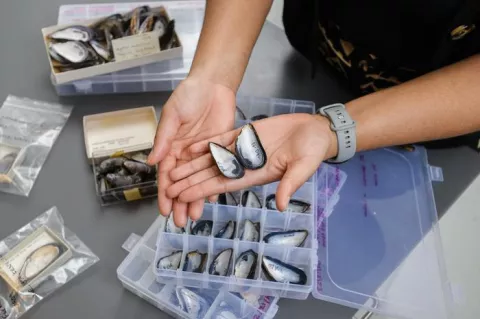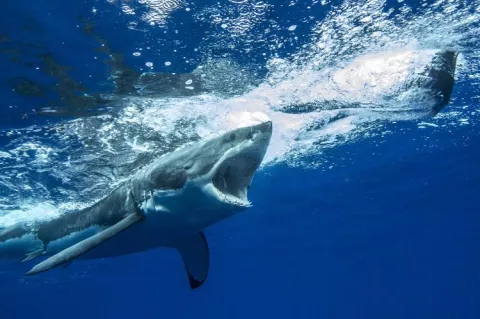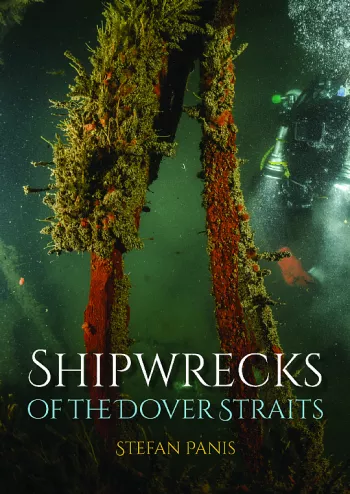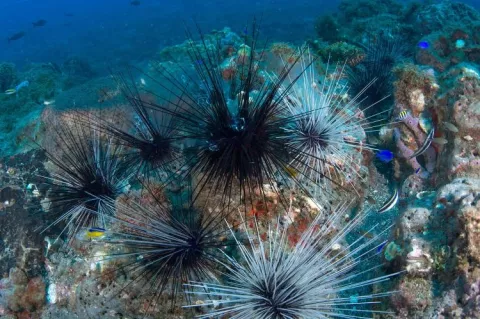Mussel shells along US East Coast have higher porosity
Researchers from the American Museum of Natural History have discovered that the porosity in mussel shells along the East Coast of the United States has increased. The cause is believed to be rising ocean temperatures.
Porosity can affect the structural integrity of mollusk shells, so this means that the shells are weaker and thus more susceptible to damage.
The findings was published in the journal PLOS ONE.







